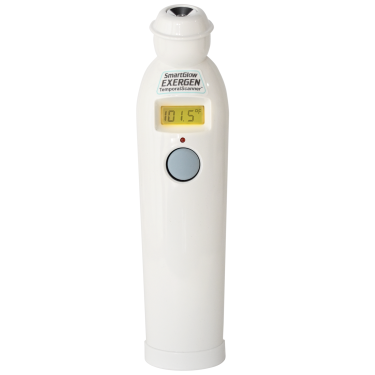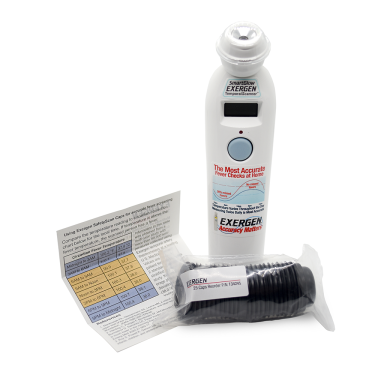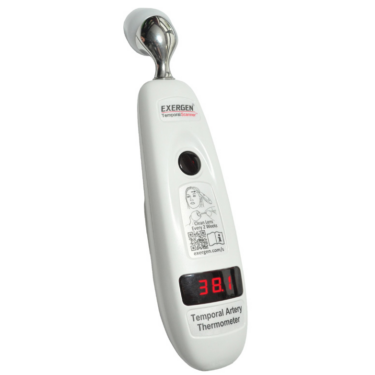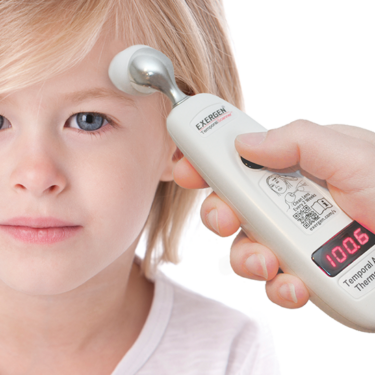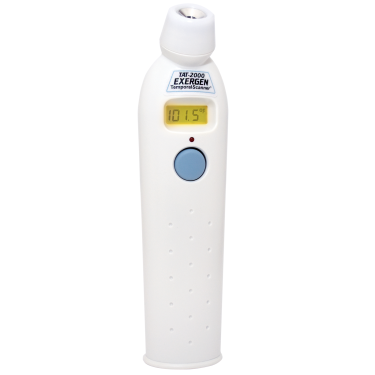As we age, our immune systems don’t work like they used to. Where a younger person might skate through a virus using a small part of their immune reserve, someone in their 70s might need every bit of it. That’s why illnesses like pneumonia, bronchitis, and the flu can be serious for the elderly.
Know the Signs
The flu usually comes quick: one day you’re fine, the next you’re running a fever, your body aches, and you’re wiped out. For older adults, the flu doesn’t just make you feel lousy—it strips away the protective lining in your airways, leaving you exposed to more serious infections.
For example, bronchitis often follows a viral illness like the flu. It causes inflammation in the bronchial tubes and a persistent, mucus-heavy cough. While a younger person’s airways might heal quickly, elderly often take longer to recover and give bacteria a chance to evolve into pneumonia.
Pneumonia is an infection deep in the lungs. The immune system tries to fight it by sending white blood cells to the area—but these cells can clog the lungs’ tiny air sacs, making it hard to breathe. For older adults, symptoms like chest pain, shortness of breath, fever, and even confusion can be signs that pneumonia has taken hold.
The Importance of Monitoring Fever
Fever is a common symptom in all three illnesses, so keeping a close eye on temperature is important. Tools like the Exergen Temporal Artery Thermometer are quick and easy to use—making it simple to spot a fever early and know when it’s time to act.
When to Call the Doctor
In older adults, illness doesn’t always look the way you’d expect. Sudden confusion, emotional changes, or unusual withdrawal can be early red flags. If someone starts behaving differently, it’s time to call the doctor. A quick blood test can tell if there’s a bacterial infection that needs treatment.
Treatment and Prevention
The flu and bronchitis can usually be managed at home with rest, fluids, and paracetamol. Pneumonia, however, may require antibiotics and a hospital stay, especially if the person has underlying health issues.
Prevention is the best approach. Stay active, get the flu shot, and avoid contact with sick people. Even a short daily walk can boost the immune system. And if a loved one has a cough or cold, it’s best not to visit than risk a serious infection.
For those in their 70s and beyond, staying alert to the signs of respiratory illness and acting quickly can make all the difference.
Source,
- The Telegraph, https://www.telegraph.co.uk/health-fitness/conditions/cold-flu/pneumonia-bronchitis-flu/
EXERGEN P/N 850425, Rev 1
